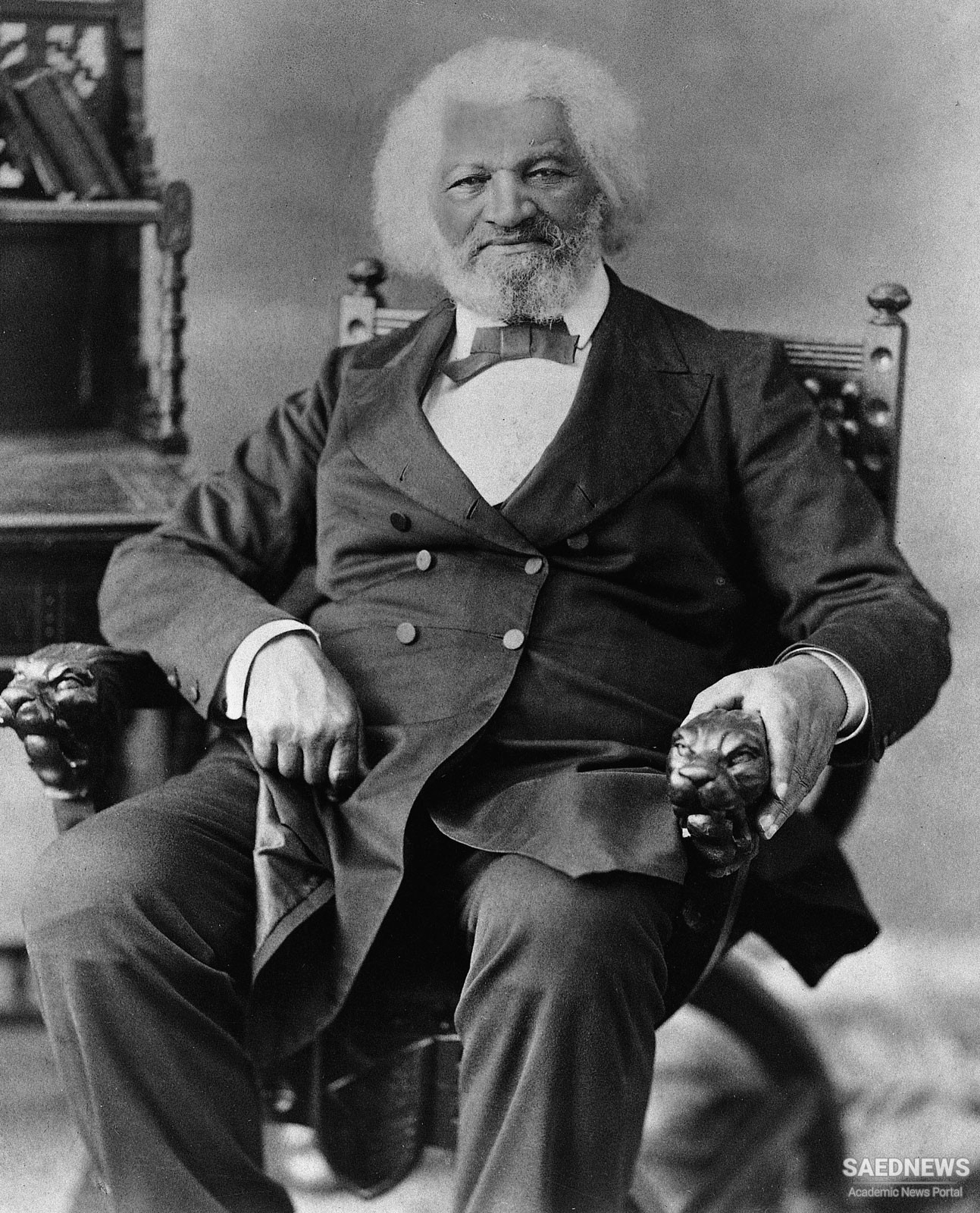Frederick Douglass was an escaped slave who became a prominent activist, author and public speaker. He became a leader in the abolitionist movement, which sought to end the practice of slavery, before and during the Civil War. After that conflict and the Emancipation Proclamation of 1862, he continued to push for equality and human rights until his death in 1895. Douglass’ 1845 autobiography, Narrative of the Life of Frederick Douglass, an American Slave, described his time as a slave in Maryland. It was one of five autobiographies he penned, along with dozens of noteworthy speeches, despite receiving minimal formal education. An advocate for women’s rights, and specifically the right of women to vote, Douglass’ legacy as an author and leader lives on. His work served as an inspiration to the civil rights movement of the 1960s, and his name even became part of 21st-century political discourse after he was referenced in a speech by President Donald Trump for Black History Month 2017.
In 1852, he delivered another of his more famous speeches, one that later came to be called “What to a slave is the 4th of July?”
In one section of the speech, Douglass noted, “What, to the American slave, is your 4th of July? I answer: a day that reveals to him, more than all other days in the year, the gross injustice and cruelty to which he is the constant victim. To him, your celebration is a sham; your boasted liberty, an unholy license; your national greatness, swelling vanity; your sounds of rejoicing are empty and heartless; your denunciations of tyrants, brass fronted impudence; your shouts of liberty and equality, hollow mockery; your prayers and hymns, your sermons and thanksgivings, with all your religious parade, and solemnity, are, to him, mere bombast, fraud, deception, impiety, and hypocrisy — a thin veil to cover up crimes which would disgrace a nation of savages.”


 David Walker: Revolutionary Leader of Oppressed African-American People
David Walker: Revolutionary Leader of Oppressed African-American People














































